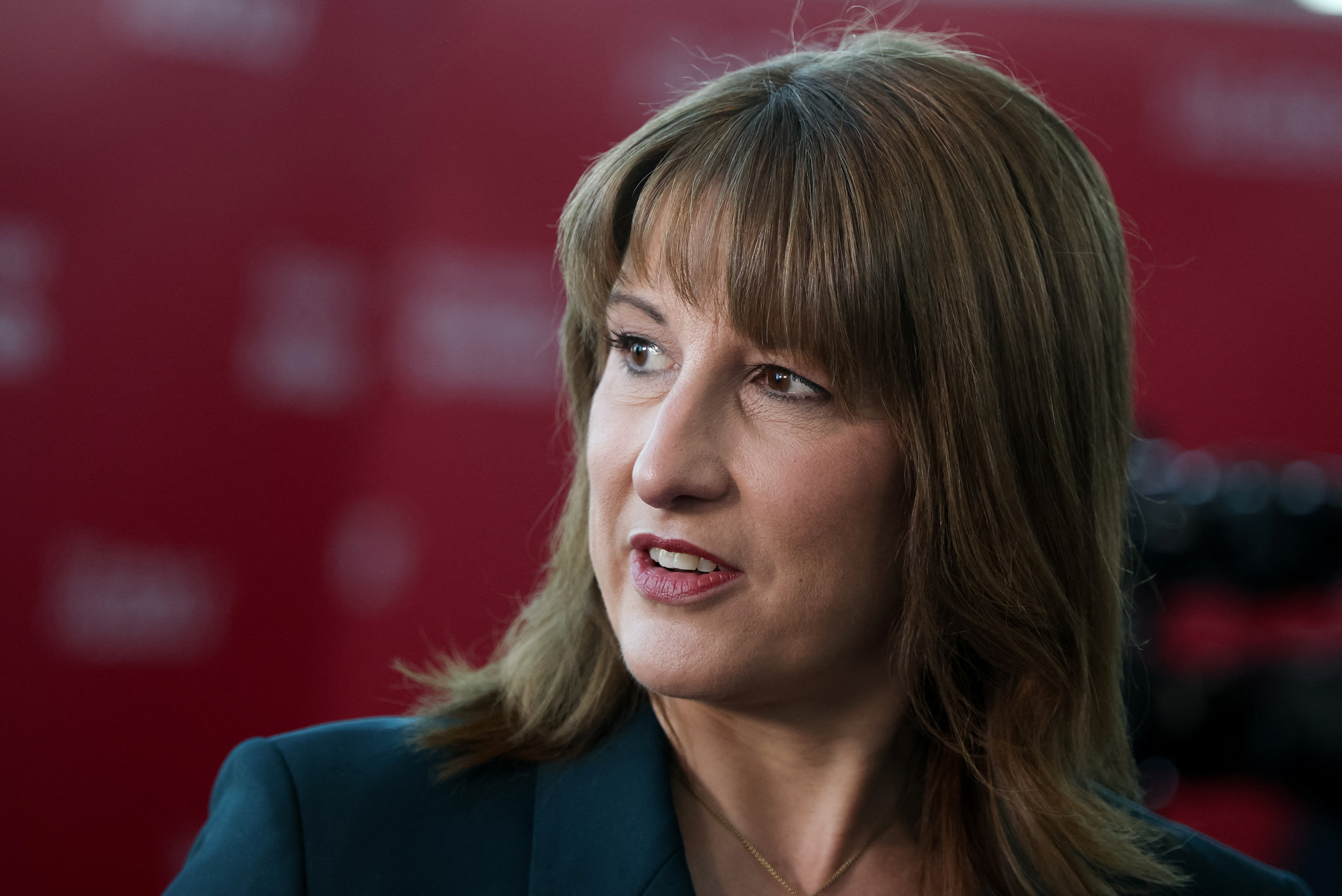British Chancellor Rachel Reeves mounted a staunch defence on Monday of her commitment to “economic responsibility”, countering those in the Labour Party who want her to ease her fiscal rules to spend more on the nation’s ailing economy.
In a speech taking aim at the opposition Conservative Party and at the “falsehoods” of the populist Reform UK party, Reeves also spoke directly to internal critics who want her to worry less about the bond market and spend more, saying they were “wrong, dangerously so”.
Describing a world changed by “the age of insecurity”, she suggested there would be further hard choices to make in a November budget but ones where she would take “no risks”.
Labour won last year’s July election on a platform of economic trust, a little over a year and a half after the previous Conservative government, then led by Liz Truss, sent the markets into a tailspin with a series of unfunded measures in a “mini-budget” announcement in September 2022.
REEVES SAYS SHE WILL TAKE NO RISKS
“We will face further tests with the choices to come, made all the harder by harsh global headwinds and the long-term damage done to our country,” she told the party’s annual conference in the northern English city of Liverpool.
“There will be choices to take our country forward, and whatever tests come our way, whatever tests come my way, I make this commitment to you: I will take no risks with the trust placed in us by the British people.”
Earlier, Reeves told the BBC that pledges not to raise income or VAT sales taxes stood, but hinted that some tax increases would be necessary at the next fiscal event on November 26.
Asked whether she could repeat a statement she made to businesses last November that she was not coming back with more borrowing or more taxes, Reeves said: “I think everyone can see the world has changed, and we’re not immune to that change.”
She cited U.S. President Donald Trump’s tariffs, global conflicts and a possible productivity downgrade by the Office for Budget Responsibility (OBR) as impacting the outlook, and whether she could hit her target of balancing day-to-day expenditure with tax revenue by 2029.
“We have to respond to those… it’s very important that we maintain those commitments to economic stability,” she said.
“I wish it wasn’t so, but I am Chancellor in the world as it is, not in the world that I might wish it to be.”
REEVES URGES LABOUR TO TAKE ON REFORM PARTY
After a first year in power marred by missteps and resignations, Labour trails Reform UK in opinion polls, and is under pressure to improve living standards.
Reeves encouraged Labour to be more proud of the government’s achievements so far and unite to take the fight to Reform, which she accused of peddling falsehoods.
“Remember everything that is at stake here, the single greatest threat to our way of life and to the living standards of working people is the agenda of Nigel Farage and the Reform Party,” she said.
“Whatever falsehoods they push, whatever easy answers they peddle, however willing they are to tear communities and families apart. They are not on the side of working people.”
But she offered few new policies. She vowed to make sure all primary schools had libraries by the end of the parliament and announced that every young person who receives Universal Credit benefit payments for 18 months without “earning or learning” would be guaranteed an offer of paid work.
Reeves also said earlier that she wanted the OBR to shift to providing only one set of budget forecasts a year, rather than a mid-year update as well – which earlier this year required government action to keep government budget goals on track.






Click here to change your cookie preferences